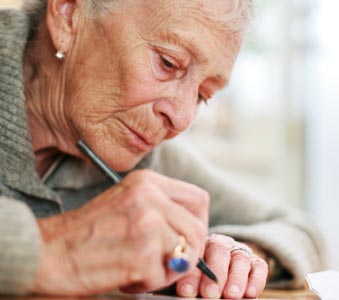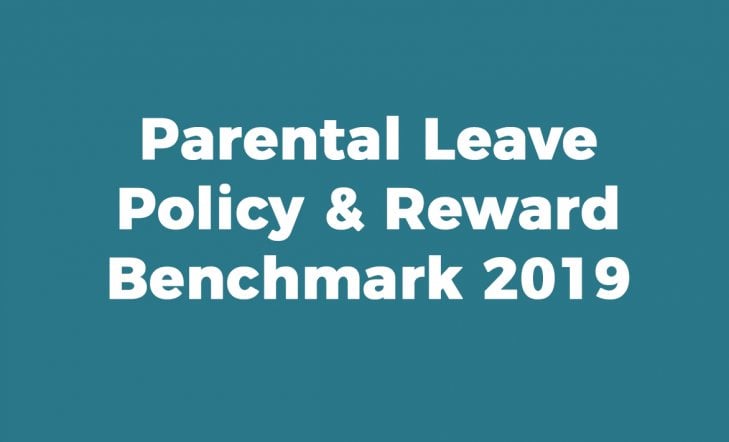Newsletter Sign Up
Regular work+family updates for
HR and diversity professionals.
My Family Care asks Deborah: We hear more and more about the Sandwich generation, and how people are caring for both their children and their parents. But one of the things we fail to grasp is when we become carers ourselves. What is a carer? What advice do you have for someone who discovers they have gone from dependent to carer? And what support is available for carers?
According to the law...
I work for a law firm, and am acutely conscious of the precise definitions and complex regulations surrounding so much of the employment relationship - so it's intriguing that there is no formal legal definition of a carer.
In conventional terms, I have no caring responsibilities since I don't have children. However, the very fact that I don't have children and my brother has five - and lives in rural Dorset - meant that, as my parents got older, the practical responsibility for them sat with me.
For many people, caring responsibilities for parents creep up imperceptibly, until the realisation that the caring relationship now exists in no uncertain terms.
I would say that a carer (in a family or friend sense rather than a paid professional sense, of course) is someone who has to spend time on a regular and ongoing basis looking after the practical, financial and emotional needs of someone else in a way which exceeds simply knowing about and discussing them.
In other words, you come to have a direct responsibility for making decisions or providing practical assistance, even if this is not really acknowledged by those receiving the care.
Defining what it is to be a carer
At the point when you forbid your elderly mother to use the steps to reach things off the top shelves in the kitchen, or you start drafting letters for your aunt (who used to run her own business) to her difficult landlord - then you are probably in the position of being a carer.
Where the elderly are concerned, you also have to accept that the scope of the caring responsibility is only likely to increase as time goes by - unless and until someone needs to go into a home.
The impact at work doesn't necessarily have to be noticeable; drafting letters and getting suitcases down from the attic rarely have to impinge on office time, unlike having to care for sick children or attend a carol concert. But at some stage you need to communicate your responsibilities to your line manager and manage their expectations around what may or may not happen - for instance, if someone goes into hospital or has a regular appointment.
It depends on the carer's situation
After my father had his last fall, I could see that there was a likelihood that something else would go wrong fairly soon, and mentioned this to my boss. When the next call came, I was ushered out of the door with no fuss and a great deal of reassurance that this needed to be my priority and I wasn't to worry about anything 'back at the ranch', which was a huge help.
As with any situation, so much will depend on the nature of your work and the nature of your boss - but most organisations have a policy which ensures reasonable time off to care for dependants (even if this is unpaid). For many of us now, remote working technology means that we don't really have to miss work, even if we aren't physically present.
From my personal experience, all I can say is that after someone dies you will feel very grateful that you spent that extra time with them and didn't prioritise work over caring.
Lasting Powers of Attorney
One important point to mention is the need to create Lasting Powers of Attorney. I hold these for a close family friend who became very ill quite quickly.
Fortunately she had created the LPAs while still 'of sound mind' - once it became clear that she was losing her faculties it would have been very difficult to persuade her solicitor and doctor that it was appropriate for her to grant these powers.
The experience with the family friend meant that we created LPAs for my mother very soon after my father died, to ensure that we didn't end up in a situation where there were practical as well as emotional difficulties in managing her affairs if she were to lose her faculties.
Deborah Dalgleish, Head of Diversity and Inclusion, Ashurst












